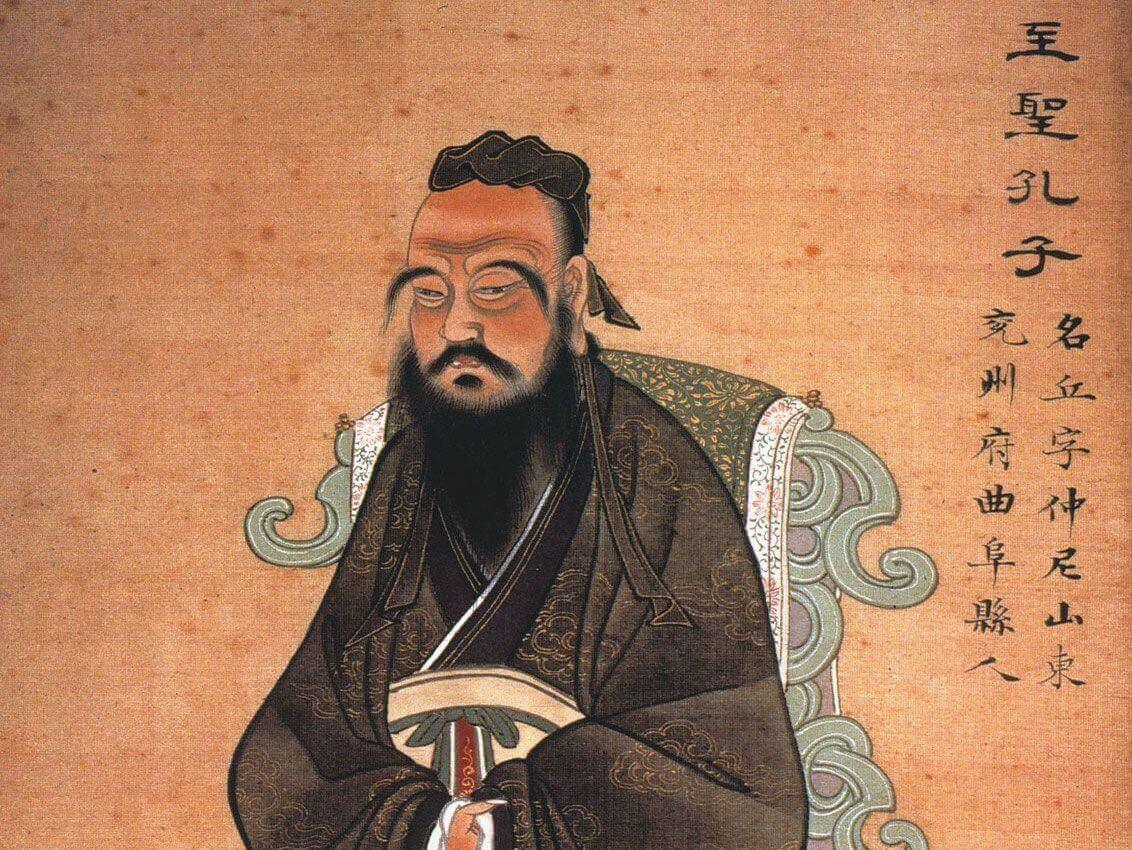
Plato: Organist to the Beasts
A story from a 13th century Persian text about music, harmony, philosophy, catatonic animals, and the beef between Plato and Aristotle.
Philosophy, Writing and Wayward Curiosities from Will Buckingham
A story from a 13th century Persian text about music, harmony, philosophy, catatonic animals, and the beef between Plato and Aristotle.
Gārgī Vācaknavī was a philosopher who is said to have lived in India around 700 BCE, and whose skill in debate was legendary.
John Gray's Feline Philosophy, Daoism and a medieval Chinese debate on the virtues of cats.
Guan Zhong was one of China's earliest named philosophers. A sharp political operator, he rose from poverty to become Chancellor of the state of Qi. He is associated in particular with the philosophy of legalism.
Pythagoras was the first philosopher to talk about 'philosophia', or 'the love of wisdom.' He set up a philosophical community where he taught the transmigration of souls, and the centrality of mathematics for an understanding of the universe.
Heraclitus's philosophy was based on the idea that the world is in continual flux. He is famous above all for his mysterious comment that 'everything flows.'
One of history's earliest named philosophers was from Africa. He lived 4500 years ago in Egypt, and his name was Ptahhotep.
Bulgaria's second city has a reputation for doing things its own way.
Along with Diotima, Aspasia was one of the two women philosophers whom Plato recognised as a teacher of Socrates. Her biography is subject to debate, but she is still famous for her knowledge of rhetoric and her skill in debate.
Diotima was a teacher of Socrates, a priestess, and a philosopher of love. She appears only once in contemporary accounts, in the work of Plato; and for centuries, scholars have debated her historicity. But whether or not she truly existed, the ideas attributed to her are both subtle and powerful.
Confucius is one of history's most influential philosophers. His insights have shaped the cultures of East Asia and beyond for centuries. Confucius was a reformer who aimed to refashion society on the basis of justice and virtue. And yet, during his lifetime, his teachings were largely ignored.
Thales of Miletus has some claim to being the very earliest philosopher in the Greek world. He is famous for his claim that everything is made of water. As well as being a philosopher, he was an engineer, an astronomer, and an astute observer of the natural world.










